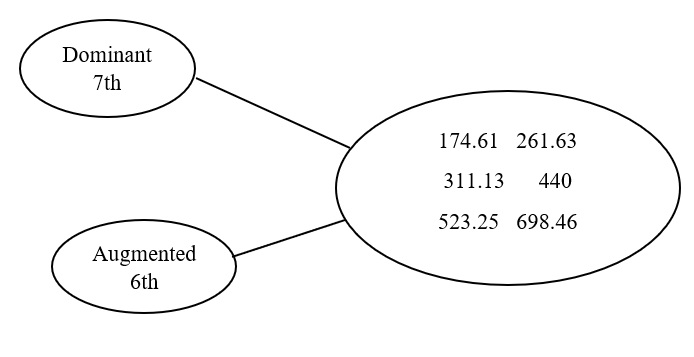|
Beni2 -> RE: RIP Brook Zern 1941-2019 (Dec. 20 2021 19:01:59)
|
quote:
5) she complains at some length about the evil effects of academic standards on art and music study. Having examined a few PhDs, I can say that she was quite successful in breaking out of the usual standards of rigour required of doctoral theses. Since we’ve already had a little joke about Fermat, permit me to repeat the legend of the examiners’ report on Wittgenstein’s PhD: “This is a work of genius. Nevertheless, it satisfies the requirement for the degree of doctor of philosophy.”
Still reading but this is what I found most useful and relatable. McLean is an ethnomusicologist who argues for mor social and cultural description and less theorizing of sociocultural life. I agree with him, but the field does require, as all fields do, some theoretical foundation, however broad, to scaffold its knowledge production. Whitney's use of metaphor, as you describe, fits that criteria, although I don't believe she develops them into full blown theories of culture or cross-cultural life.
@Piwin: quote:
I only briefly scanned this thread, so this might be besides the point, but I'd just say that discussions on those issues would benefit greatly from focusing not just on adults that move into another community, but also on children who grew up as part of multiple communities, as the product of immigration, cross-community marriages, etc. I agree. That is one of the areas, in general, that has been ignored across the social sciences. Culture has been treated in the past as a final product that one somehow achieves as an adult. Studying children in long term studies would, I believe, help to refine the culture concept and our understanding of multiple identities in different social contexts.

One thing that has interested me is how different psychological phenomena affect our understandings or knowledge in some domain. The sonority represented by the frequencies on the right do not have a name in some musical cultures, either individually or collectively. In Western music theory, skippin the middle left note, their labels are F, C, A, C, F. That middle frequency will be labeled either D# or Eb depending on the context. There is no objective label. The sonority exists aside from any label that might be given to it. Once you "open the box," it is either "alive or dead," hence the analogy with quantum physics.
That is fact; you can argue that it spells a "dominant" in any context, after all, a dominant can go to another dominant, and voila...the observer effect. You don't change the frequencies so the analogy is not perfect, anaologies never are. But you are changing the interpretation. The points are that 1) social phenomena can often be as weird as quantum phenomena, and 2) we often have blind spots in our knowledge.
And, on those notes, I will refrain on posting anymore offtopi stuff on this thread. I appreciate Brook Zern's work, especially his involvement with the Rito series.
Images are resized automatically to a maximum width of 800px
|
|
|
|

